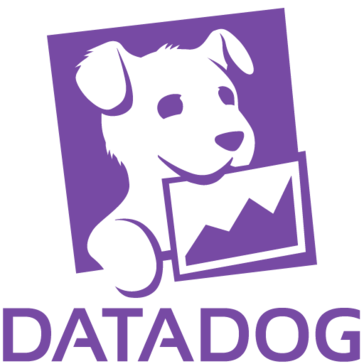Datadog and Filescan integration


How to connect Datadog and Filescan
Create a new workflow and add the first step
In n8n, click the "Add workflow" button in the Workflows tab to create a new workflow. Add the starting point – a trigger on when your workflow should run: an app event, a schedule, a webhook call, another workflow, an AI chat, or a manual trigger. Sometimes, the HTTP Request node might already serve as your starting point.
Build your own Datadog and Filescan integration
Create custom Datadog and Filescan workflows by choosing triggers and actions. Nodes come with global operations and settings, as well as app-specific parameters that can be configured. You can also use the HTTP Request node to query data from any app or service with a REST API.
Supported methods for Datadog
Delete
Get
Head
Options
Patch
Post
Put
To set up Datadog integration, add the HTTP Request node to your workflow canvas and authenticate it using a predefined credential type. This allows you to perform custom operations, without additional authentication setup. The HTTP Request node makes custom API calls to Datadog to query the data you need using the URLs you provide.
Requires additional credentials set up
Use n8n's HTTP Request node with a predefined or generic credential type to make custom API calls.
Supported methods for Filescan
Delete
Get
Head
Options
Patch
Post
Put
To set up Filescan integration, add the HTTP Request node to your workflow canvas and authenticate it using a predefined credential type. This allows you to perform custom operations, without additional authentication setup. The HTTP Request node makes custom API calls to Filescan to query the data you need using the URLs you provide.
Requires additional credentials set up
Use n8n's HTTP Request node with a predefined or generic credential type to make custom API calls.
Datadog and Filescan integration details
The SOAR platform you want
Mountains of monotonous tasks make building and monitoring your workflows a chore. Not anymore.
Learn more
Save engineering resources
Reduce time spent on customer integrations, engineer faster POCs, keep your customer-specific functionality separate from product all without having to code.
Learn more
FAQ
Can Datadog connect with Filescan?
Can I use Datadog’s API with n8n?
Can I use Filescan’s API with n8n?
Is n8n secure for integrating Datadog and Filescan?
How to get started with Datadog and Filescan integration in n8n.io?
Looking to integrate Datadog and Filescan in your company?
The world's most popular workflow automation platform for technical teams including
Why use n8n to integrate Datadog with Filescan
Build complex workflows, really fast


